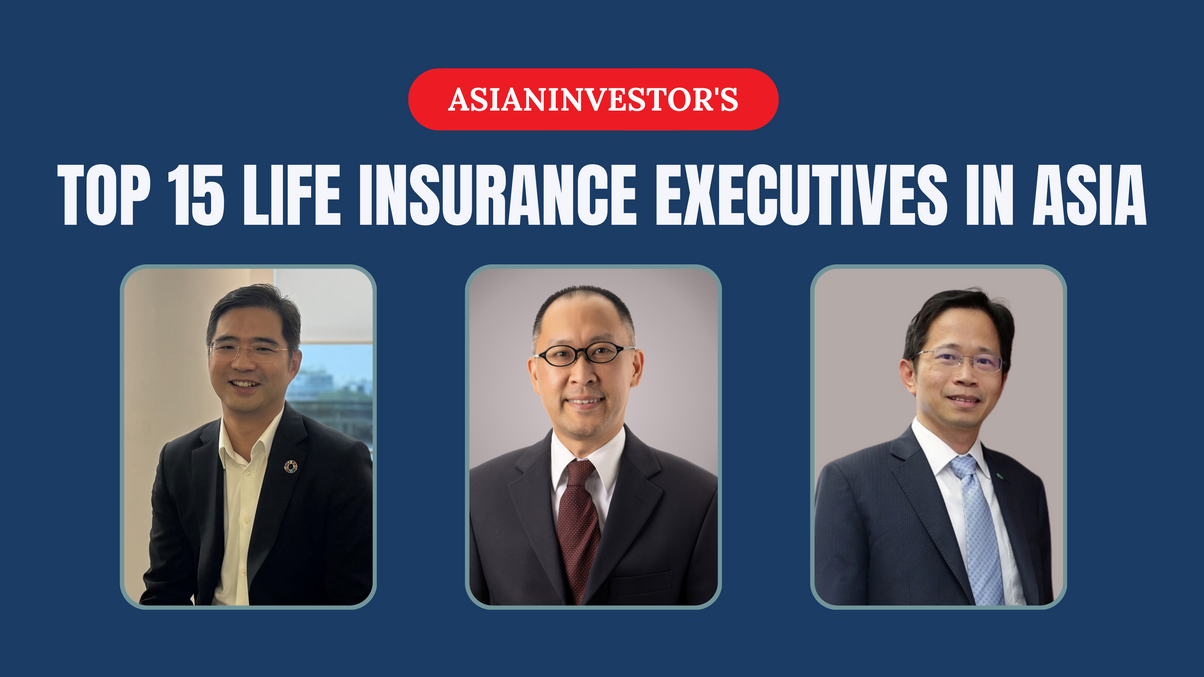Top 15 life insurance executives: David Chua, Allen Kuo, Joseph Wang
AsianInvestor has identified 15 exceptional executives from life insurance companies operating in the region. Today, we showcase senior executives from Income Insurance and Singlife from Singapore, and Taiwan's Cathay Life Insurance.

AsianInvestor’s Top 15 Life Insurance Executives in Asia list highlights the individuals who stand out in driving the industry forward via steady investment processes, robust operations, sustainability measures, as well as advocacy for best practices and transparency.
Sign in to read on!
Registered users get 2 free articles in 30 days.
Subscribers have full unlimited access to AsianInvestor
Not signed up? New users get 2 free articles per month, plus a 7-day unlimited free trial.
¬ Haymarket Media Limited. All rights reserved.


